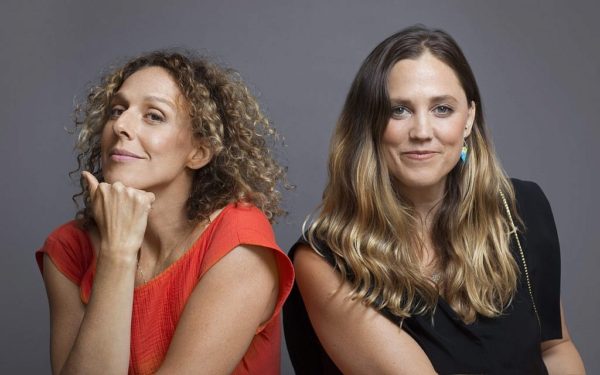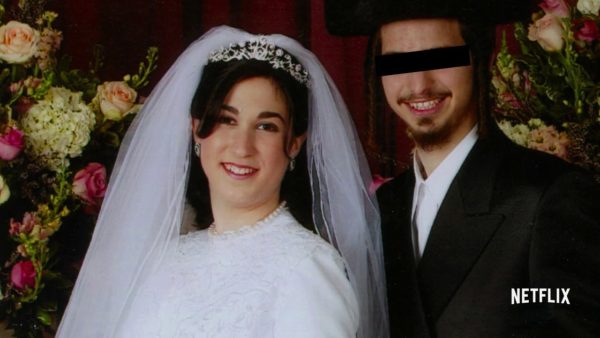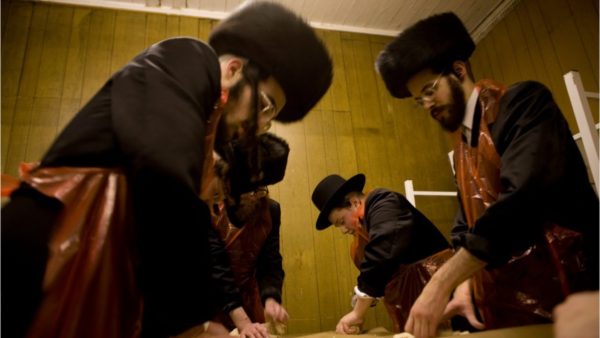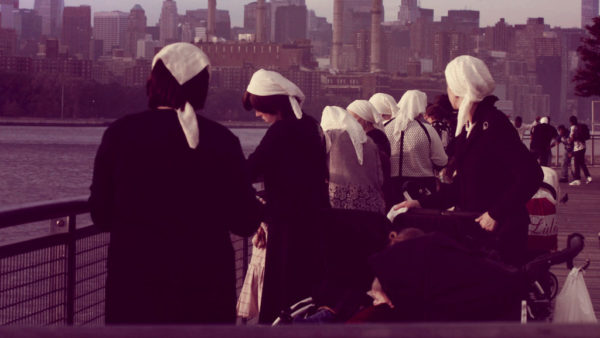The ultra-Orthodox Hassidic community is extremely tight-knit and takes care of its own in a cradle-to-grave arrangement. Conformists who abide by the rules and obey the commandments of the rebbes can expect a reasonably stable, fairly predictable life.

Rebels who opt out for the secular world are treated as outcasts and often pay a price for their new-found freedom. One of Us, a somber film by Heidi Ewing and Rachel Grady now available on the Netflix television network, documents the experiences of one woman and two men in New York City who’ve left the fold.
Etty, a mother of seven children, was hospitalized for anxiety and depression before deciding to leave her abusive husband. Ari, 18, never felt like the person he appeared to be. Luzer, a divorced father of two children in his early 30s, dropped out because he had ceased being a believer.
A soft-spoken woman in her mid-30s, Etty met the man who would be her spouse at the age of 18. After only two brief meetings lasting about 30 minutes, they were married. She soon discovered he was extremely controlling and violent. In the meantime, she gave birth to one child after another, in keeping with the expectations of her deeply conservative Jewish sect.

Although her husband treated her badly, she did not press charges against him, fearing she would break a religious law if she spoke up. After taking one of her daughters to a city library, her friends and neighbors were scandalized. Hassidim, living cloistered lives, are under strict instructions to shun all things secular.
When her husband filed for custody of their children, she could not fight back. She was unable to afford the pricey services of a lawyer, but her husband didn’t have to worry about legal expenses. His community, intent on ostracizing Etty, backed him to the hilt.
Etty received moral support from Footsteps, an organization that helps ex-Hassidim. But she’s still miserable, isolated, terrified of the future and in constant fear of her husband’s violence. “Every day is hell,” she laments.

Ari is introduced to viewers in a rather dramatic fashion as a barber cuts his sidelocks. “I was pretending to be someone I was not,” he says with searing honesty.
Thirsty for knowledge, he was deliriously happy when he discovered Wikipedia, a “gift from god.” But Ari is a troubled youth. He was beaten and raped by a counsellor in a summer camp. The offender was never charged and is still working, suggesting that the Hassidic community is governed by a conspiracy of silence in sexual assault cases.
He’s also a cocaine user, but is actively trying to kick the habit.
Strangely enough, Ari still frequents Hassidic events. Sadly, he has yet to find an alternative lifestyle.
Luzer feels like a “regular person” now that he’s moved to Los Angeles. He lives in a van, earns a living as an Uber driver and pursues a career as an actor. Ironically, he portrays Hassidic Jews in the movies in which he appears.

Luzer had a “very abusive and dark childhood,” but no details are forthcoming. When he told his parents he intended to leave Hassidism, they cut all all communications with him for seven years. Like Ari, he misses the spirit and cohesiveness of his old life. But as far as he’s concerned, the past is the past.
As the American novelist Thomas Wolfe wrote, you can’t go home again. This is the melancholic mood that pervades One of Us so intensely.